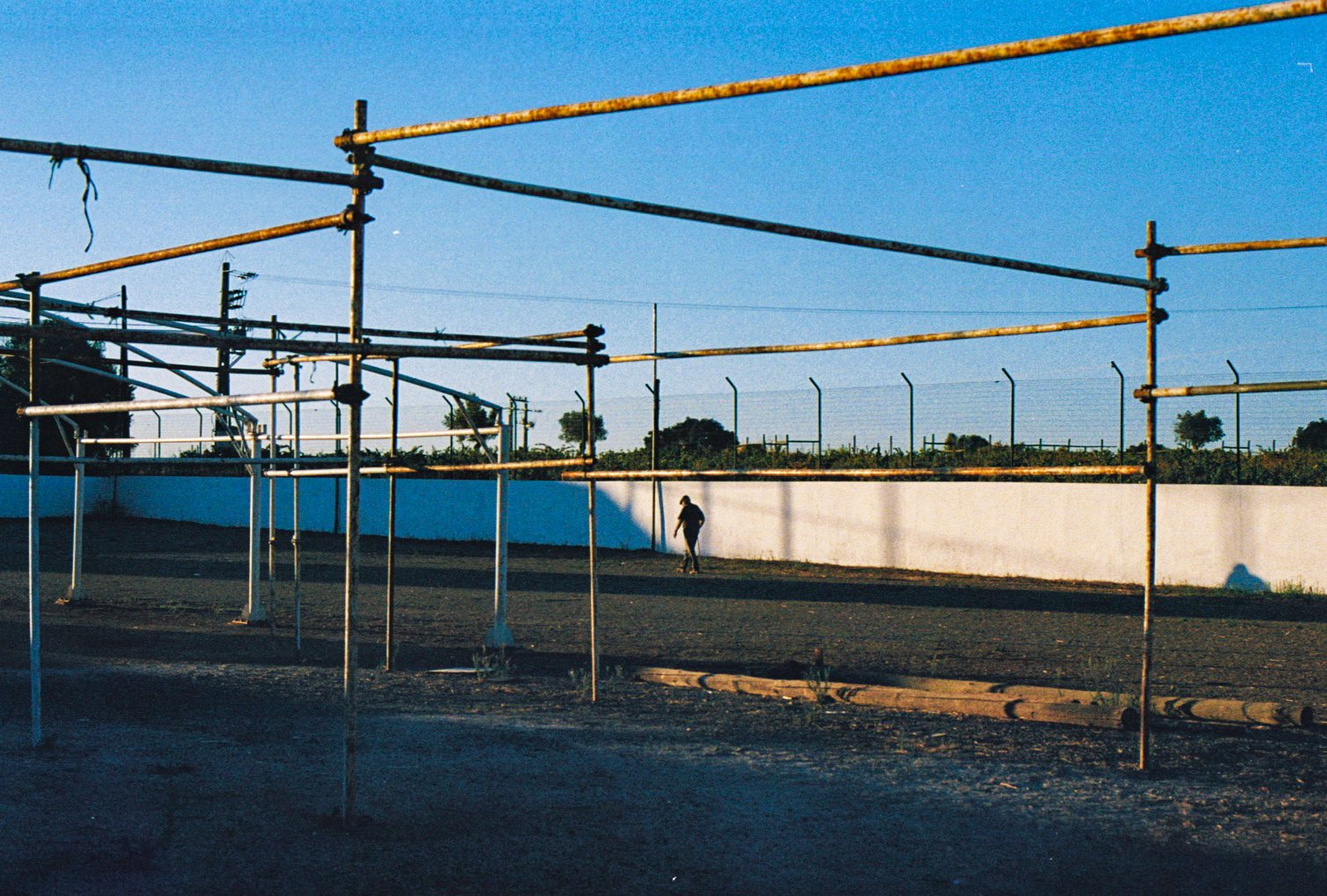"Beyond the River" is a photodocumentary project focused on capturing the essence of life and culture in the Alentejo, a rural region in southern Portugal. The project aims to explore the region's unique blend of natural beauty, agricultural traditions, and the profound connection between the people and the land. Alentejo, often seen as the heart of Portuguese history and culture, is characterized by its vast plains, traditional farming methods, and a slower, more contemplative lifestyle that contrasts sharply with the more urbanized parts of the country.
Alentejo is a historical and cultural region located in the south of Portugal, covering a vast and diverse area. The name "Alentejo" comes from the Portuguese words "além" (beyond) and "Tejo" (the Tejo River), meaning "beyond the Tejo," referring to the region's location to the south of the Tejo River.
Alentejo is characterized by its expansive landscapes, featuring rolling plains, rugged hills, and dense cork oak forests. The region stretches from the Iberian mountain range in the east to the Atlantic Ocean in the west.
Alentejo has a Mediterranean climate, with hot, dry summers and mild, wet winters. The region is one of the warmest in Portugal, which impacts both its agriculture and the lifestyle of its inhabitants.
Alentejo has a rich and complex history that dates back to ancient times. It was inhabited by prehistoric peoples, and archaeological sites throughout the region show evidence of Roman and Moorish influence. The Romans introduced viticulture and olive cultivation, which remain integral to the region's economy. After the fall of the Roman Empire, Alentejo was ruled by the Moors until the Christian Reconquista, during which it became part of the Kingdom of Portugal in the 12th century.
The Alentejo region played a significant role during the Portuguese Revolution of 1974, particularly in the agricultural sector, where land reform efforts were implemented. The revolution led to greater political and social changes, and Alentejo became a symbol of rural resistance.
Alentejo is known for its unique and rich cultural heritage. It is a region where tradition and modernity coexist harmoniously. The region's folklore, music, and dance are deeply influenced by its rural and agricultural life. One of the most famous forms of traditional music is "Canto Alentejano," a style of polyphonic singing recognized by UNESCO as an Intangible Cultural Heritage of Humanity. The region is also famous for its unique cuisine, which is centered around hearty, rustic dishes that often feature pork, lamb, and local vegetables, with a strong emphasis on olive oil and bread.
Alentejo produces a significant portion of Portugal's olive oil and wine, and the region is well-known for its cork production, contributing to more than half of the world's cork supply. Wine production is another key industry, being recognized for producing high-quality red wines. In recent years, tourism has also become an important sector, with visitors drawn to its picturesque landscapes, historic towns, and peaceful rural lifestyle. The towns of Alentejo are known for their well-preserved historical architecture. Évora, a UNESCO World Heritage site, is one of the most important cities in the region, boasting Roman ruins, medieval walls, and a stunning cathedral. Other notable towns include Beja, with its Moorish castle and regional museum, and Elvas, which is famous for its fortifications and military history. The Alentejo coastline, with its pristine beaches and natural parks like the Southwest Alentejo and Vicentine Coast Natural Park, attracts both tourists and nature lovers. Despite its cultural and historical significance, Alentejo faces several challenges. The region's economic development has been slow compared to other parts of Portugal, and there is ongoing concern about depopulation, as younger generations move to larger cities for better opportunities. The scarcity of water due to its arid climate is also a growing issue, particularly in agriculture. Nevertheless, there is a movement toward sustainable development, with efforts to promote eco-tourism, renewable energy, and preservation of local traditions.
In conclusion, Alentejo is a region with a profound cultural identity, rich history, and breathtaking landscapes. It is an area where the ancient and modern blend together, offering visitors a glimpse into Portugal's rural heart while striving to adapt to contemporary challenges.




















